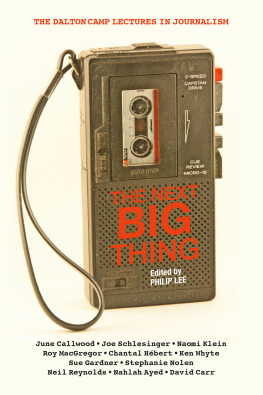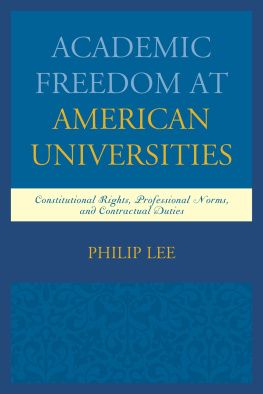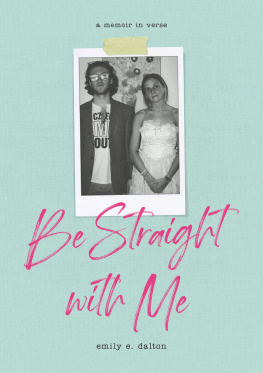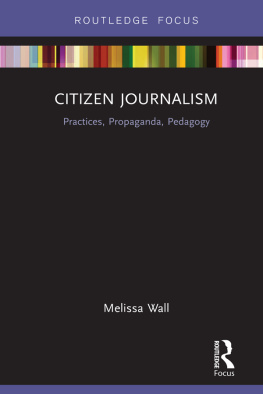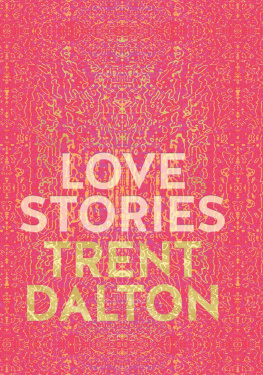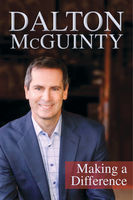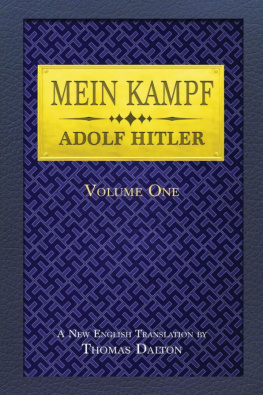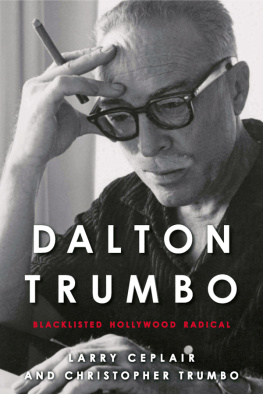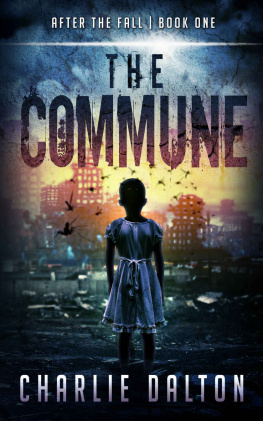The Next Big Thing
Canadian journalist and political insider Dalton Camp left behind a powerful legacy, ranging from books to essays, from radio broadcasts to newspaper columns. To celebrate his career and continue his passionate interest in politics, public engagement, and the practise of journalism, the Dalton Camp Lecture is held each year at St. Thomas University and broadcast on Ideas on CBC Radio.
Here, for the first time, gathered together in one remarkable compilation, are the Dalton Camp lectures in journalism. Beginning with journalist and social activist June Callwoods inaugural address, The Best Game in Town, and ending with New York Times business, media, and culture critic David Carrs The Next Big Thing Has Finally Arrived, the book centres on the journalists dilemma: how to find the stories that need to be told and the words that can best be used to tell them.
Featuring the lectures of Callwood and Carr as well as contributions by Nahlah Ayed, Sue Gardner, Chantal Hbert, Naomi Klein, Roy MacGregor, Stephanie Nolen, Neil Reynolds, Joe Schlesinger, and Ken Whyte, The Next Big Thing forecasts the future of journalism and its relationship to democracy and the free expression of ideas.
Copyright in each essay is held by the author.
All rights reserved. No part of this work may be reproduced or used in any form or by any means, electronic or mechanical, including photocopying, recording or any retrieval system, without the prior written permission of the publisher or a licence from the Canadian Copyright Licensing Agency (Access Copyright). To contact Access Copyright, visit www.accesscopyright.ca or call 1-800-893-5777.
Cover and page design by Chris Tompkins.
Cover photo by Jusben (www.morguefile.com/creative/Jusben).
Library and Archives Canada Cataloguing in Publication
The next big thing : the Dalton Camp Lectures in Journalism
/ edited by Philip Lee.
Co-published by: St. Thomas University.
Issued in print and electronic formats.
ISBN 978-0-86492-348-6 (pbk.). ISBN 978-0-86492-729-3 (epub)
1. Journalism Canada. 2. Journalism. I. Lee, Philip J., 1963-,
editor II. St. Thomas University (Fredericton, N.B.)
PN4909.N49 2014 070.40971 C2014-903800-3
C2014-903801-1
Goose Lane Editions acknowledges the generous support of the Canada Council for the Arts, the Government of Canada through the Canada Book Fund (CBF), and the Government of New Brunswick through the Department of Tourism, Heritage and Culture.
Goose Lane Editions
500 Beaverbrook Court, Suite 330
Fredericton, New Brunswick
CANADA E3B 5X4
www.gooselane.com
For June Callwood and Neil Reynolds
Contents
A Small Drop of Ink
The Best Game in Town
The Fog of Journalism
Baghdad Year Zero
Witness to a Country
The Changing Canadian Landscape
Be Interesting, or Else
The Changing Media Landscape
Shrapnel, Snakes, and Blistering Rage: On the Occupational Hazards of a Foreign Correspondent
The Last Commandment: Thou Shall Not Beguile
Yes, I Will Wait: In Praise of Long Journeys, Long Interviews, and Longer Stays
The Next Big Thing
Introduction
A Small Drop of Ink
I became friends with Dalton Camp during my last tour in the newspaper business when I was editor-in-chief of the New Brunswick Telegraph-Journal . One morning soon after I took the job, Dalton called to ask for a lunch meeting and suggested the dining room at the Hilton Hotel on the Saint John waterfront. When I arrived, Dalton was seated and had ordered a bottle of red wine. He poured me a glass.
It was a long lunch, and the start of a conversation that continued until Dalton died. That day we talked about New Brunswick politics, my plans for the newspaper, and Daltons national column, which we published twice a week in syndication from the Toronto Star . I asked if he would consider writing an exclusive column about New Brunswick politics for us. We agreed on a price, and Camps column started arriving by fax Sunday evenings for Monday mornings paper.
We landed Canadas best political writer at a time when he had a lot to write about. The provincial Liberals had been in power for more than a decade since the Tories, led by Daltons old friend Richard Hatfield, had been destroyed at the polls in 1987. Frank McKenna, the premier and architect of the 58-0 victory and two subsequent majority governments, had stepped down and his successor, Camille Thriault, was stumbling. Some Liberals had started to believe they were entitled to govern in perpetuity. Camp wrote that this happens to all political parties, that over time they mistake their good for the public good and this contributes to their downfall. In June 1999, a young Tory leader named Bernard Lord won a landslide victory over the Liberals.
A year later, Richard Myers, the vice-president academic at St. Thomas University in Fredericton, asked me if I would be interested in teaching and building a journalism program at his university. I left the daily newspaper business and began a new career.
I left newspapers just as a digital revolution was sweeping through our profession, changing both the economic model and the craft of journalism and its not over yet. Print advertising, which for a century paid for editorial content and made newspaper owners rich, was fragmenting and moving online. Newspapers moved their content online, but advertisers didnt stay with them. Hundreds of newspapers with long and successful histories closed. Those that survived have yet to find a new economic model that works as well as the old one.
The craft of reporting and telling stories with words and pictures and printing them on paper, or writing and editing a television or radio news story for an evening newscast, now involves multimedia production, social media management, and getting information online fast enough to capture a fickle audience that has a vast menu of information available around the clock.
Weve all been running so hard to keep up that its been difficult to take stock of whats been gained and lost. We no longer need a printing press to publish, or a transmitter to broadcast. This is a good thing for the free expression of ideas. We now have access to vast amounts of information, which is useful for reporting, and the walls that once concealed state secrets have crumbled, which is a victory for open societies.
This is also the best of times for anyone with an opinion. Theres even a new shorthand language for instant opinions:
Like it? Thumbs up.
Digg?
Trending?
Click.
Comment.
Instagram.
Tweet. Retweet.
#
:) :(
Most of the journalists I know are immersed in the instanews environment. They have no choice. In a world where all opinions are created equal, what matters is to be fast and first. Theres nothing wrong with fast and first. Journalists have been playing that game a long time. But theres a difference when we define fast and first as right now rather than as an evening newscast or tomorrow mornings newspaper. We report the latest developments in stories before we understand the stories ourselves. The best journalists have never played that game before. And just because technology allows us to do something doesnt make it good, or right, or true.
What I know from my experience is that finding the right words to tell true stories can change the world in ways big and small. The stories that matter often come to us in the quiet moments, in the world of slow time.
Dalton Camps memoir, Gentlemen, Players and Politicians tells the story of the night of the 1952 New Brunswick election. Camp had engineered a victory for Hugh John Flemmings Tories, outwitting Liberal adman Richard OHagan, and when the victory parties were over he retired to his room in Frederictons Lord Beaverbrook Hotel. In the silence of the night, he looked out his window, saw the blinking lights on the railway bridge spanning the St. John River and thought of Bryan Priestman, a war veteran and physics professor at the University of New Brunswick. Seven years earlier, on Remembrance Day, the professor had died trying to save an eight-year-old boy from drowning.

